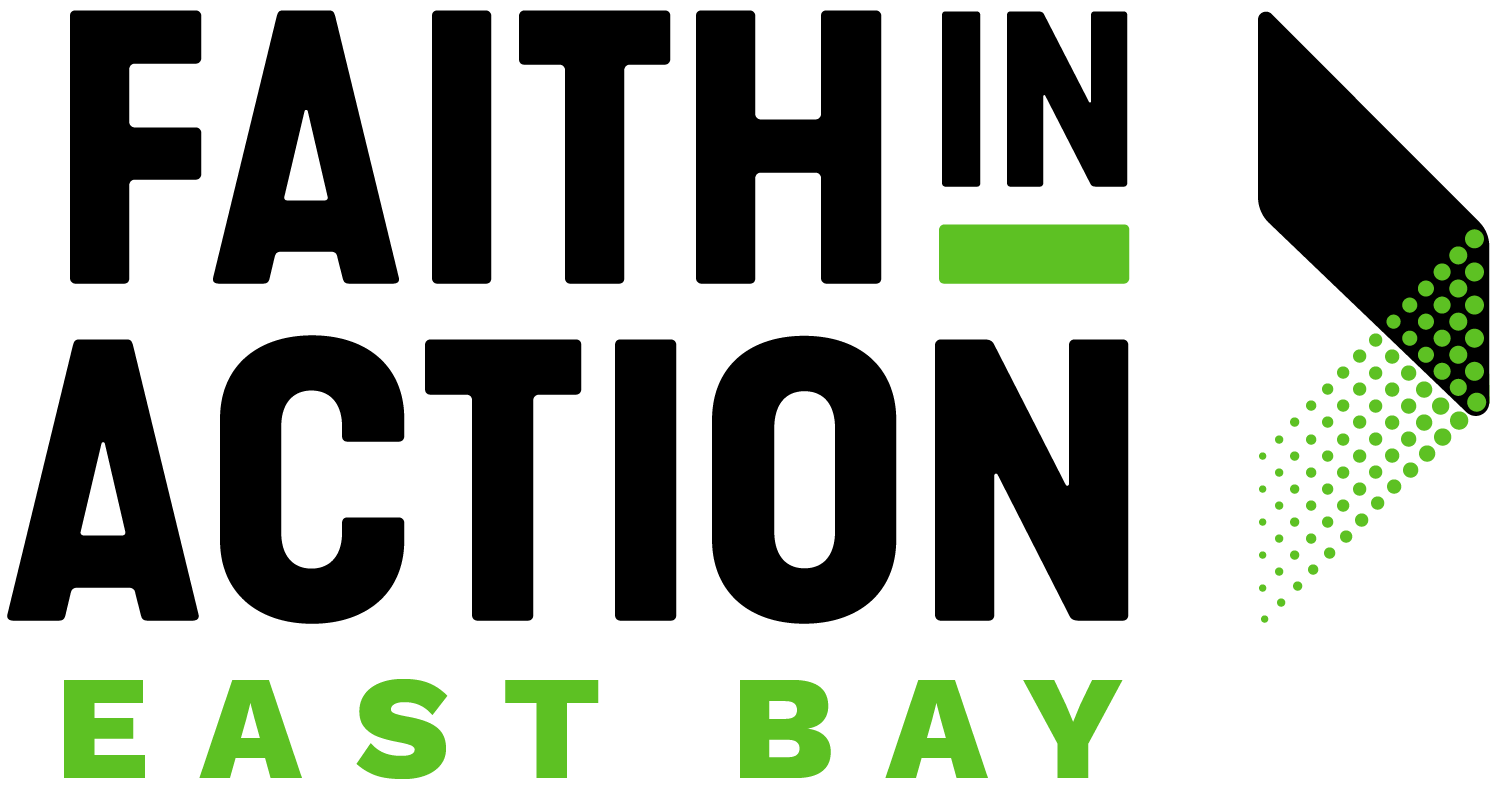It was a difficult morning.
The writer woke up and began to set down words about the awful difficulties the community had just experienced. People in that city were devastated. They were weeping and grieving, and the author was too. It felt like their enemies had triumphed. They had, after all, destroyed almost everything in the author’s community. How could God, the writer said, have let this happen? It felt as if God, who had protected their community for generations, had now become an enemy.
This author put these words to paper 2600 years ago. They are recorded in the Hebrew Bible, in the book of Lamentations. An outside army, the Babylonians, had just come and destroyed the city of Jerusalem, slaughtered many of its inhabitants, and carried away most of its citizens to an exile hundreds of miles away, to a different city that none of them had ever known.
We might have found ourselves feeling many things about last night’s election results when we woke up this morning. We might be grieving and mourning like that writer was, even to the point where, like that same author, we wonder whether God – or whatever word we use to describe the divine – is even present. And just like that writer was angry, we might be too. Or we might be feeling fear, or a combination of these emotions all at once.
The Biblical scholar Walter Brueggeman has spent much of his career writing about the ancient Hebrew prophets, including the author of Lamentations. These prophets remind us, Brueggeman says, that when we experience a disconnect between the world as it is and the world as it should be, there’s something important we need to do before we move on: we need to grieve, to lament, to tear our clothes and shout sadness and grief and rage to the world. Like those prophetic forebears, we will need time and space over the next days and weeks to grieve together and express our sorrow and anger and fear with each other. Stay tuned: we will be working with our faith leaders to provide opportunities for us to come together as a community to do this.
Because when we do come together, we can move each other towards hope. We can see that we are not alone. We can share our burden and our pain, and perhaps even a word of wisdom, with each other. I know I’ve experienced this in my own life at times of difficulty and doubt, times when I wasn’t sure what to do next, times when someone else provided me with a word that helped me move through my sadness or fear and perhaps even provided me with an answer. Maybe you’ve experienced this in your life too. To paraphrase an old organizing principle, when we are in doubt – or when we are in fear or grief or anger –we connect with each other, perhaps even in a one-to-one. And because organizing is so relational, no one is better equipped to do this than us.
As we continue to process everything that has happened, we also know that there will be work to be done. We do this work not because we know the outcome. Our ancestors who came before us didn’t always know the ultimate outcome of the work they were doing to bring about changes in the world, and we don’t either. Yet here we are. We are the heirs of their legacy and, like them, we are all prophets of a better world. Brueggeman says that the next step in the prophetic journey, after we express our grief, is to imagine and work for new possibilities, to continue building the world we want to see.
Just like our ancestors, we may or may not see the outcome of our efforts. But we still continue the work. We do it for ourselves and our loved ones, for the memory of those prophetic forebears who came before us, and for the generations that come after us. Because hope is still possible. Even the writer of Lamentations came to see this. Because after sharing his grief and anger, that author remembered something different. God was still with them, the author said. Because of God’s great love, their community was not consumed, and God’s compassion would never fail them.
The same is true for us. May God’s compassion strengthen all of us in our grief, in our anger and, yes, in our hope, in the days ahead.
Pastor Todd Benson, Interim Executive Director
Faith in Action East Bay
